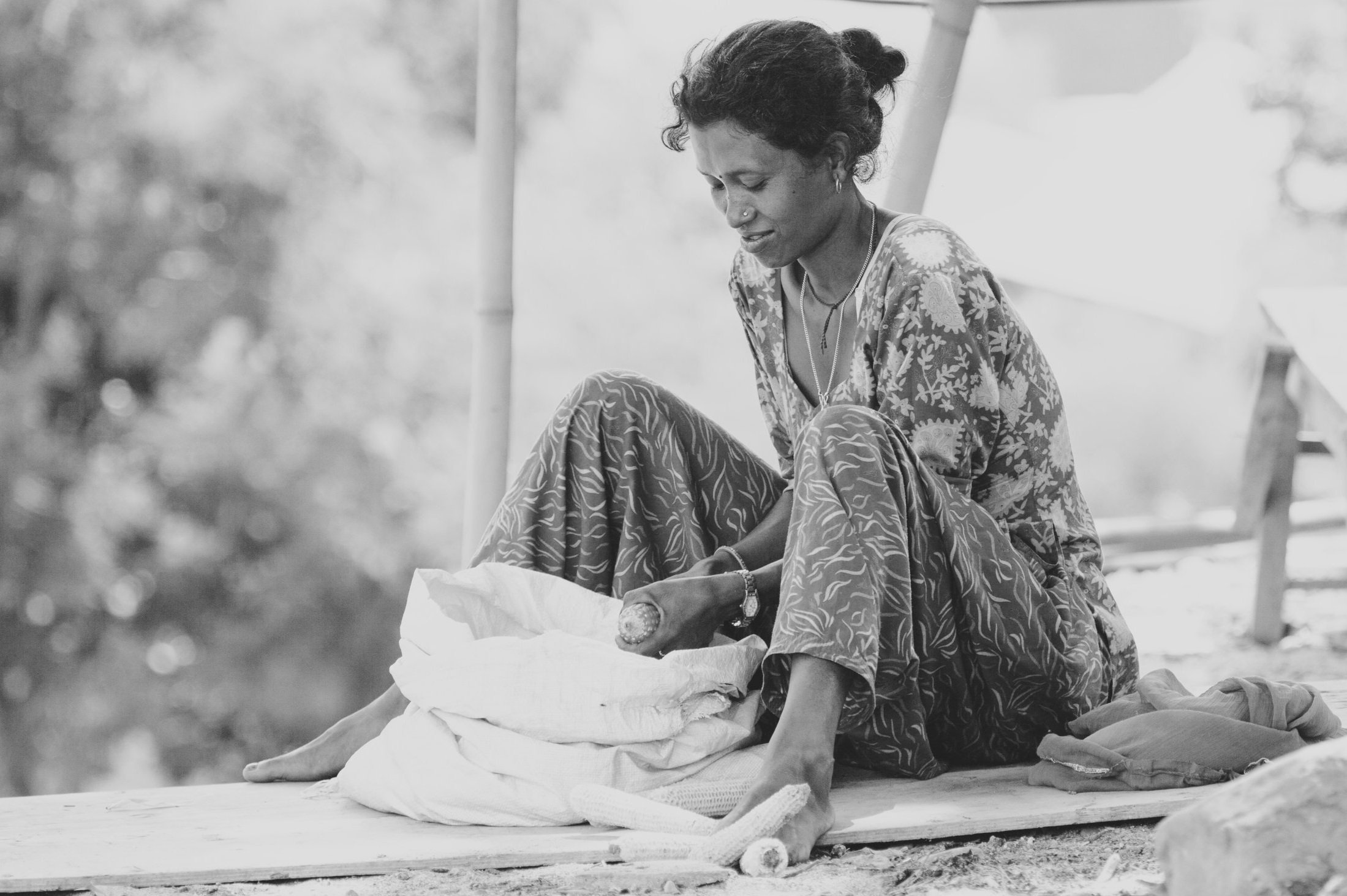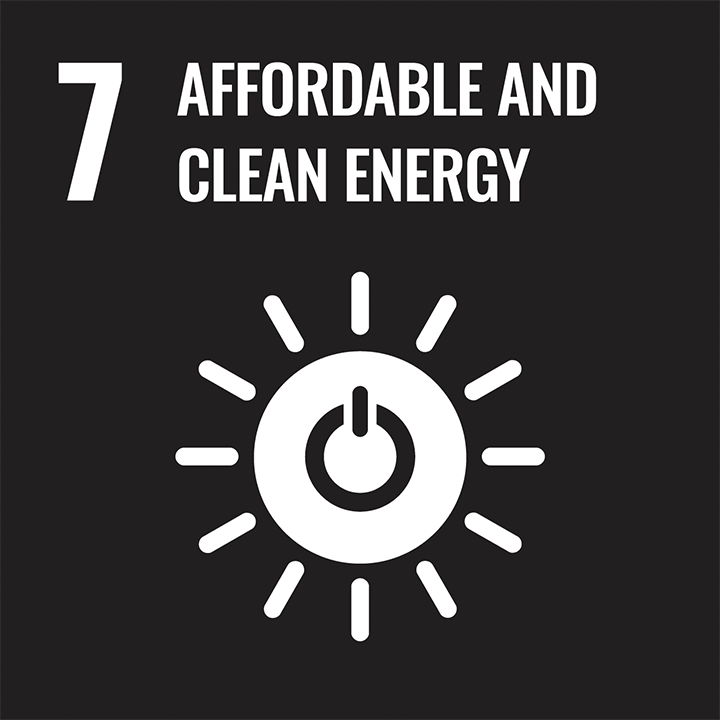Biogas Project
Kavre and Sindhuli, Nepal
22,318 verified W+ Units available from Empower Co.
In many rural parts of Nepal, women are responsible for cooking household meals over wood-fire stoves. They spend many hours gathering fuel wood and tending to cooking fires. This method of cooking is extremely time-consuming, exposes women to the risk of injury, impacts the respiratory health of families, and depletes the surrounding forests.
This project provides women in rural parts of the Kavre and Sindhuli districts with biogas cookstoves as part of a larger initiative to supply communities’ energy needs using biogas.
Project Activities
This project replaced wood-generated stoves with biogas stoves, removing the need to collect fuel wood. The more efficient cookstoves saved women an average of 2.26 hours per day.
The benefits rippled outward to their families and communities. They used this time to care for children and the elderly, grow cash crops, play a more active role in community leadership and decision-making, and pursue self-improvement and leisure. Beyond these immediate benefits, the project helped increased women’s resilience to climate-change: they had time to grow a more diversified food supply and engage in disaster planning, reducing vulnerability to climate risks.
Time Savings
31% increase
Sustainable Development Goals
This project is not only advancing gender equality (SDG-5) but also, as studies have shown, biogas cookstoves offer long-term health benefits (SDG-3) for both women and communities, reducing indoor air pollution, promoting better respiratory health, nutritional diversity, and higher micronutrient intake. Biogas provides a cleaner energy source (SDG-7), also reduces pressure on the surrounding environment, lowers carbon emissions (SDG-13), enables more sustainable forest management, and reduces soil erosion.






